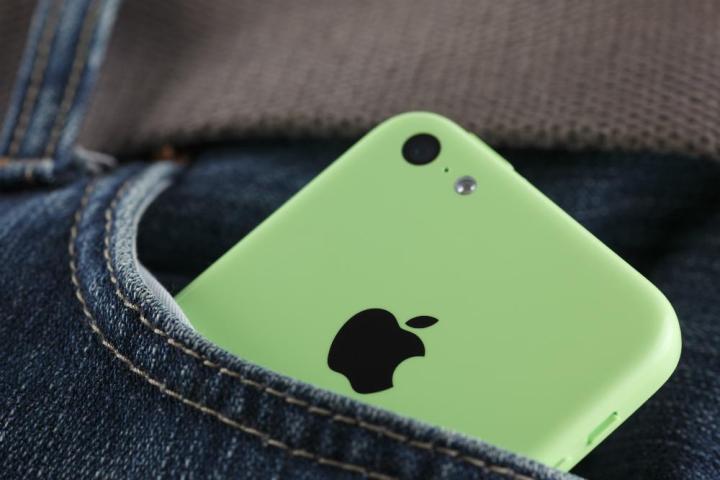
While the FBI has yet to disclose just how it managed to get inside an iPhone 5C at the center of a messy debate over privacy laws in the United States (and the San Bernardino tragedy), experts note that the government may soon have to reveal its secrets in a court of law. As a new Reuters report points out, if the Bureau continues to help local police forces unlock individual iPhones (which is appears they will), those responsible for hacking into the devices will likely be cross-examined and pressed for details on their methods.
The FBI has already noted that it would share its encryption-dodging techniques in a manner that is “consistent with our legal and policy constraints,” but independent forensics expert Jonathan says “The FBI would need to resign itself to the fact that such an exploit would only be viable for a few months, if released to other departments. It would be a temporary Vegas jackpot that would quickly get squandered on the case backlog.”
Given the importance of this backlog, it seems highly possible that the technique could be leaked to another government agency or another country, presenting a more robust security problem for Apple, which was doubtless result in an all-hands-on-deck fix.
“Flaws of this nature have a pretty short life cycle,” one senior Apple engineer told Reuters. “Most of these things do come to light.”
Law enforcement better work fast. Breaks like these are few and far in between.


